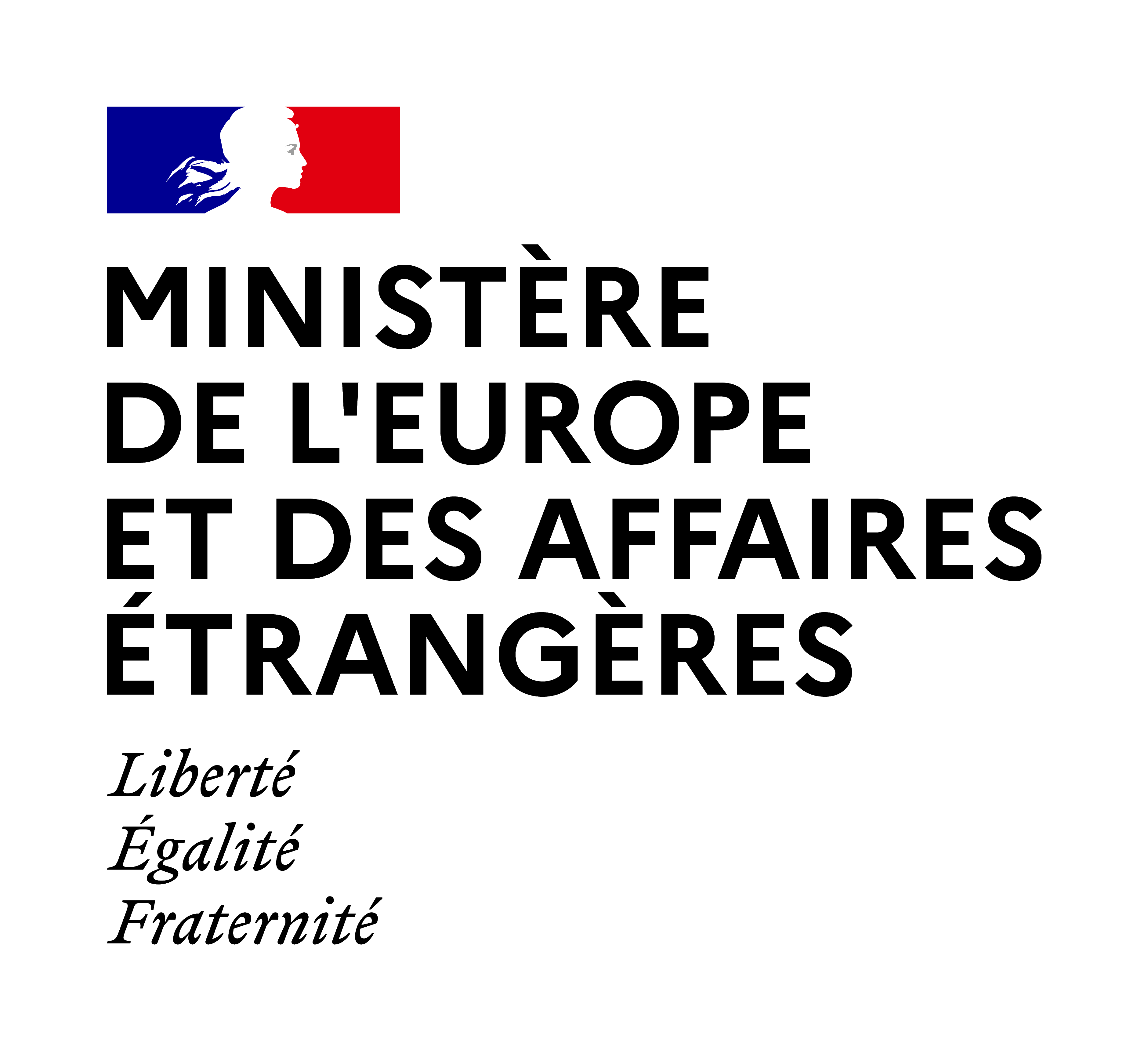Partner Organizations




Development Partners






PCT Webinar launches the Toolkit on Taxation of Offshore Indirect Transfer of Assets
On Thursday, July 23, 2020, The Platform for Collaboration on Tax (PCT) held a webinar to launch its latest Toolkit on the Taxation of Offshore Indirect Transfer of Assets. The new PCT toolkit provides guidance on the complex issues involved in the taxation of indirect transfer of assets (often natural resources) and suggestions for legislation and implementation considerations for countries who choose to tax such transfers with a view to capture the revenue potential presented by the capital gains realized through such transfers. Unlike in the case of direct transfers of such assets, these indirect transfers are often less clearly addressed and elaborated in the domestic legislation, which gives rise to potential tensions and also disputes between the taxpayers and tax administrations as is documented by the cases presented in the Toolkit. The 75-minute event was attended by nearly 211 attendees from across the globe including representatives from ministries of finance and tax administrations, tax practitioners, civil society organizations, business representatives, media and academia.
The webinar kicked off with a presentation by Cory Hillier, Senior Counsel, Legal Department, IMF and Tomas Balco, Senior Adviser, Centre for Tax Policy and Administration (CTPA), OECD, who discussed the finer aspects of the toolkit through illustrative diagrams. At the outset, presenters recalled that an offshore indirect transfer of assets is any arrangement where the full or partial interest in an asset switches hands via an intervening entity that does not reside in the country where the asset is located. When such transfers occur offshore, multinational companies can accrue capital gains while escaping taxation. By not taxing their profits, host countries risk losing out on billions in capital gains tax. This is particularly true for resource-rich developing countries whose economies rely heavily on extractive industries.
The presenters mentioned that both the OECD and UN models for tax treaties provide the source country with taxation rights in cases of offshore indirect transfers of immovable assets and the same was included as a provision in Multilateral Convention to Implement Tax Treaty Related Measures to Prevent BEPS (MLI) to enhance the countries’ ability to exercise their taxing rights in this respect and also facilitating quicker inclusion of these provisions in the existing bilateral tax treaties, where such provision may be absent or may contain weaknesses, which are being currently exploited for tax avoidance purposes. They explained the need to have provisions in domestic law to enable taxation of such transfers where countries wish to exercise those taxing rights foreseen in their bilateral tax treaties. Presenters also talked about the two practicable implementation models presented in the toolkit along with the issues in enforcement and collection of such taxes. Their presentation showed how the toolkit enables thinking about expansion of the definition of immovable property to additional location specific rents, where the excess profits generated from such assets or property values are inherently linked to the specific location in a specific jurisdiction. Additionally, they pointed out to the linkages between technical assistance (TA) and standard setting - the need for guidance set out in this toolkit was felt during the TA engagements of PCT Partners and the inclusion of Article 13(4) in the OECD and UN Models reflects this need.
The toolkit presentation was followed by a panel discussion with a distinguished set of panelists. Moderated by Rosmarie Schlup, Head of the Macroeconomic Support Division of the Swiss State Secretariat of Economic Affairs, the panel featured Marilou Uy, Director of the G -24 Secretariat; Susana Ruiz Rodriguez, Global Lead for Tax Justice, Oxfam International and Henrique Alencar, Fiscal Policy Adviser, Oxfam Novib; Karl Schmalz, Senior Adviser, International Tax and Investment Center; and Peter Harris, Professor of Tax Law, University of Cambridge. The panelists reflected on the toolkit and presented their perspectives as well as those of the different stakeholders they represented i.e., developing countries, civil society, business and academia. After the panel discussion, panelists addressed queries and concerns of attendees at a live question and answer session.
A complete video of the event is available HERE. For more information on future PCT events and workshops, please sign up for the PCT Newsletter.









